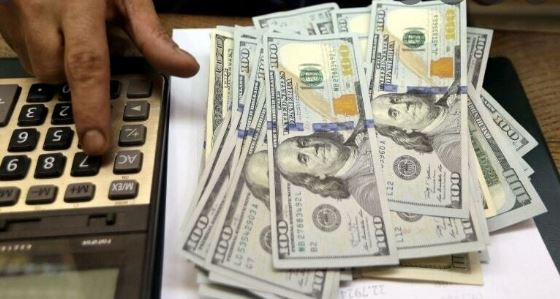ISLAMABAD, MAY 16: Dollar reached another high against the rupee on Monday, climbing past Rs194 in the interbank market, as analysts continue to express concern over the country’s rising import bill.
According to the Forex Association of Pakistan (FAP), the greenback gained Rs1.30 from Friday’s close to reach Rs194.30 around 11:30am in the interbank trade.
The dollar closed at Rs194.60, or Rs1.60 up from Friday’s close.
This development comes after a week of the rupee hitting new lows, mainly due to the country’s rising import bill.
The decline in the rupee is mainly because of an uncontrolled increase in imports coupled with a relatively slower pace of growth in exports. This is reflected in the trade deficit, which reached $39 billion in July-April.
Meanwhile, foreign exchange reserves of the central bank have touched $10.3 billion, lowest since June 2020. The import cover, which shows the ability of a country to pay for its foreign purchases in the international currency, is now down to a meagre 1.54 months.
Currency dealers say higher demand for dollars is the key reason for the bullish trend in the currency market. Political foot-dragging by the incumbent government on the reversal of fuel and electricity subsidies — a prerequisite for the resumption of the loan programme by the International Monetary Fund (IMF) — has further eroded the confidence of stakeholders.
FAP Chairperson Malik Bostan said the government needed to “restrict non-essential imports and bound exporters to bring in revenue from exports”. Doing so, he said, the dollar’s value could soon be brought down to Rs180.
Meanwhile, Exchange Companies Association of Pakistan General Secretary Zafar Paracha said the pressure on the rupee could persist until there was an extension in the IMF loan programme.
He also urged the government and SBP to immediately restrict the import of non-essential goods and take steps for the promotion of alternatives to fuel. He linked these measures to reducing the country’s import bill.

















